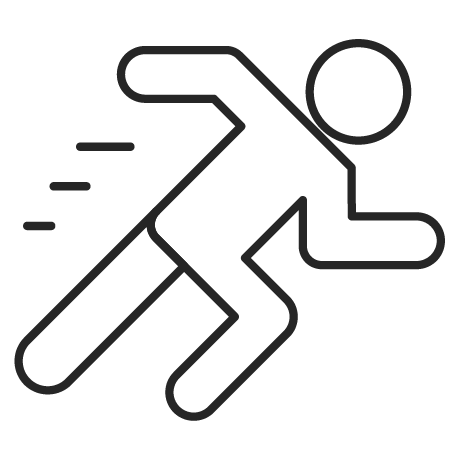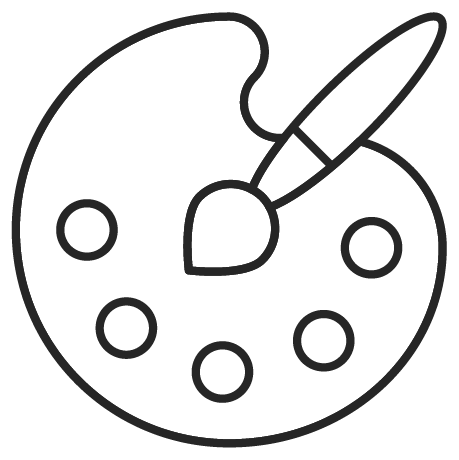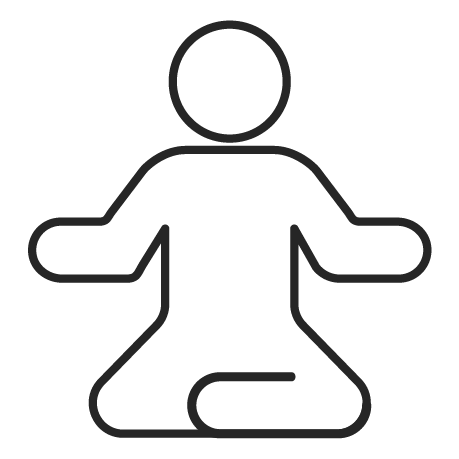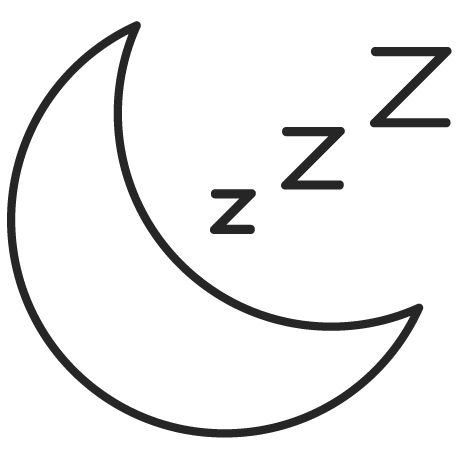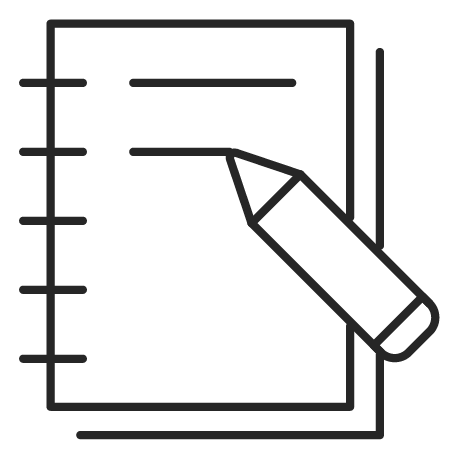Stress Science
The following tips are grounded in science and have been compiled as support for all of the de-stressing methods portrayed in the stories. Each tip can be considered the methodology behind the stories. These are not intended to replace professional help or treatment, but should be viewed as additional ways to help cope with the stressors of everyday life. If you or someone you know is in immediate danger, please call a trusted adult or 911.
